Major regional water management initiative is launched – Upper Namoi Water in the Landscape Initiative
As a member of Tamworth Regional Landcare Association and an individual interested in water and environment, you may be interested in the Upper Namoi Water in the Landscape Initiative. This is a major initiative led by regional community stakeholders working with the University of New England to ensure the Upper Namoi catchment manages its water more effectively in times of increasing climatic variability. This was launched in Tamworth on Monday the 8th of May, in an event hosted by Tamworth Regional Landcare Association and Tamworth Regional Council.
The Water in the Landscape Initiative (WILI) is focused on better management of groundwater – the water held in the landscape in soils, unregulated aquifers and small storages – which underwrites the health and sustainability of our water generally. Groundwater aquifers feed the surface water we see in regulated rivers and water storages, but have historically been given little attention by policymakers, and the issues of watershed catchments like ours have been down played relative to downstream allocation concerns.
This initiative recognises that our regional water issues are current, unique and potentially existential, and need to be recognised and addressed as a matter of urgency.
WILI has broad backing, with WILI’s interim steering committee involving Tamworth Regional Landcare, Tamworth Regional Council and other regional local governments, government extension service organisations and community groups from across the Upper Namoi catchment.
The WILI philosophy reflects the view that water outcomes will be optimised if community is mobilised, and this mobilised community is guided by UNE’s expertise and research capacity; and UNE is in turn informed by the real time needs of local communities and stakeholder organisations.
Martin Thoms, a UNE Professor of Physical Geography and one of the project’s initiators, says WILI should help landholders and water managers understand how to better manage water that falls on their landscapes. “It’s all about community capacity building,” he says. “We want to build our knowledge of how to hold water in the landscape and build our understanding of how we transfer that knowledge.” Professor Thoms observes that this initiative is driving in to as “strong scientific certainty” that north-western NSW is going to grapple with more acute water shortages as global temperatures continue to rise.
Paul Bennett , General Manager of Tamworth Regional Council, says “We aspire to grow Tamworth to accommodate 100000 people in the next 20 years. Big dams by themselves cannot be the answer any longer to a sustainable water future. We have to start thinking about how we keep water more stored in the landscapes where it falls – in soils and aquifers where it is less prone to evaporation; even in vegetation that helps cool the landscape and slow evaporation.”
“The more water we hold in the landscape and slow on its journey to the sea or back into the atmosphere, the more we have to sustain our residents, enterprises and our environment in times of stress.”
Wayne Chaffey, the Chair of the Tamworth Regional Landcare Association, says “for decades, we have been engaged in projects to minimise damage caused by high rainfall events. This money is all spent and what have we achieved in terms of improved water sustainability? This collaboration is the first time that the full range of community organisations have come together with regional academia to learn from research and history what works best to keep the water in the landscape. Every community and every member of our regional community needs sustainable water to have a future in a changing climate”.
If WILI succeeds in its ambitions to help communities and individuals to rehydrate regional landscapes, the founders believe the initiative’s work in the Upper Namoi could provide a model for many other watershed catchment contributors to the troubled Murray Darling Basin.
“We can’t continue to do the same things with water as temperatures and populations rise, and water becomes more precious. We need better solutions, and more localised solutions that communities can invest in, learn from, and pass on their learnings” says Professor Thoms.
For more information please see the attached participant briefing.
Participants can confirm their participation, or withdraw at any time, by notification of their intention at:
https://unesurveys.au1.qualtrics.com/jfe/form/SV_1z4QGleYXHpncEu.
For more information contact: Kim McConville 0408 230 365 or Kim.McConville@une.edu.au

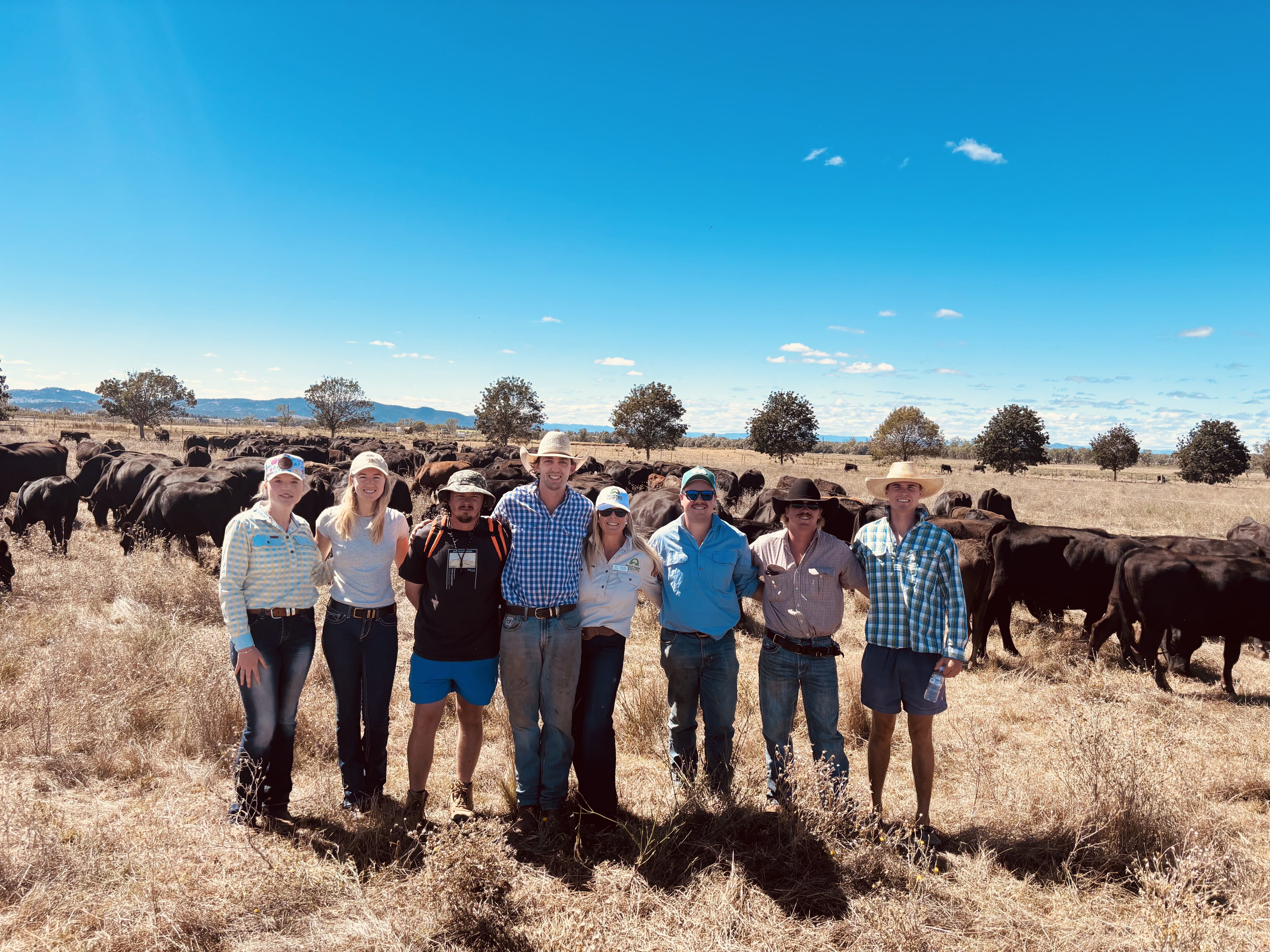
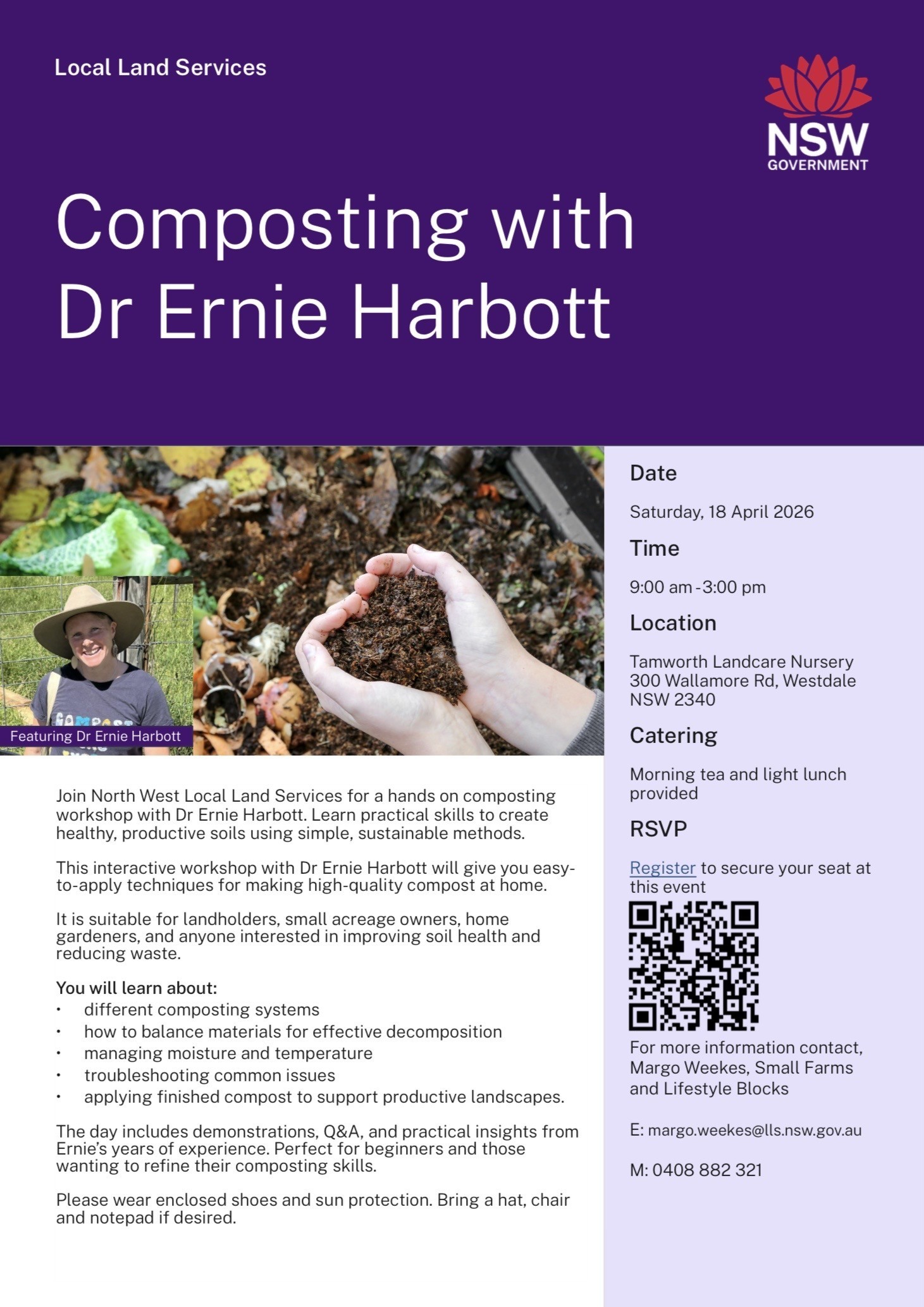
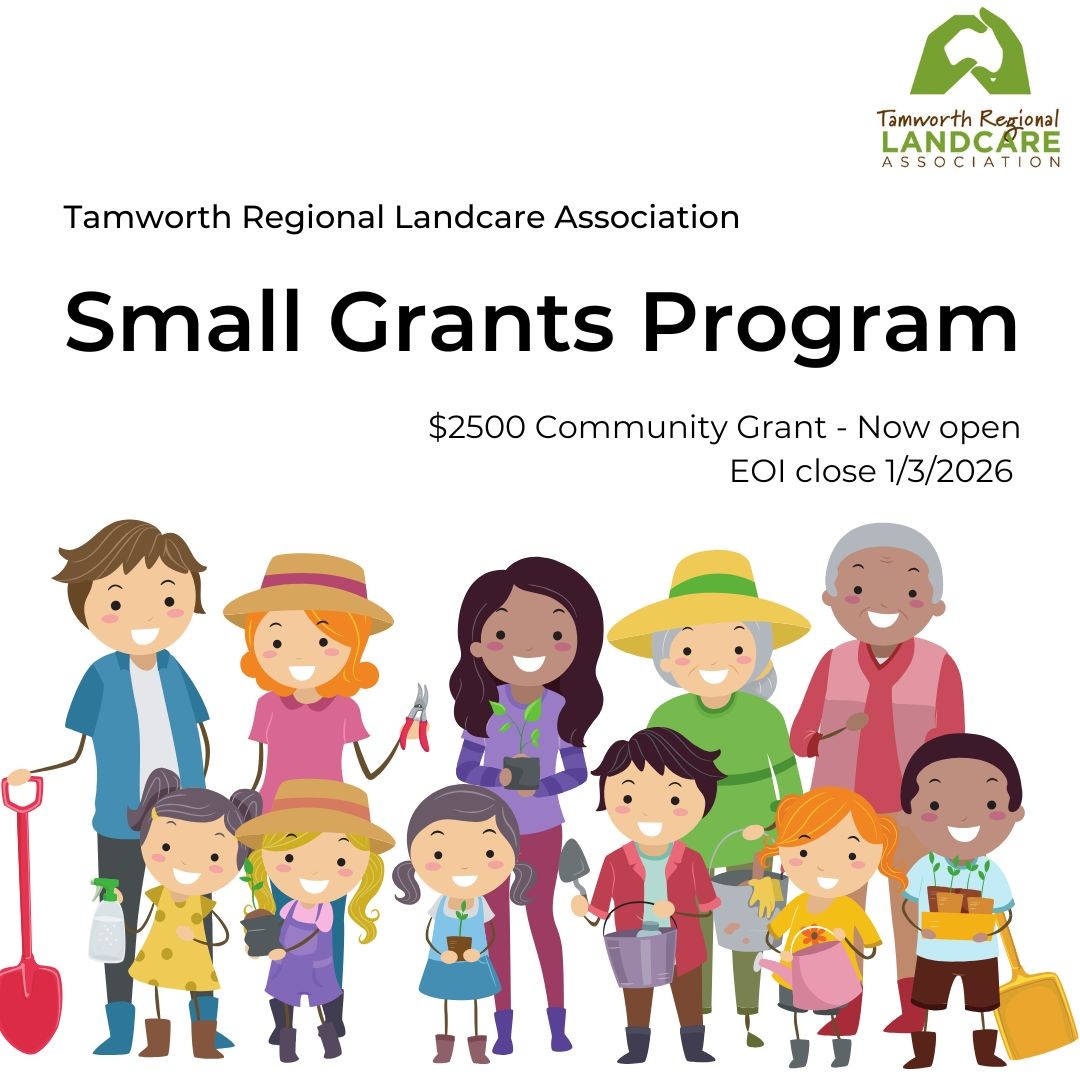
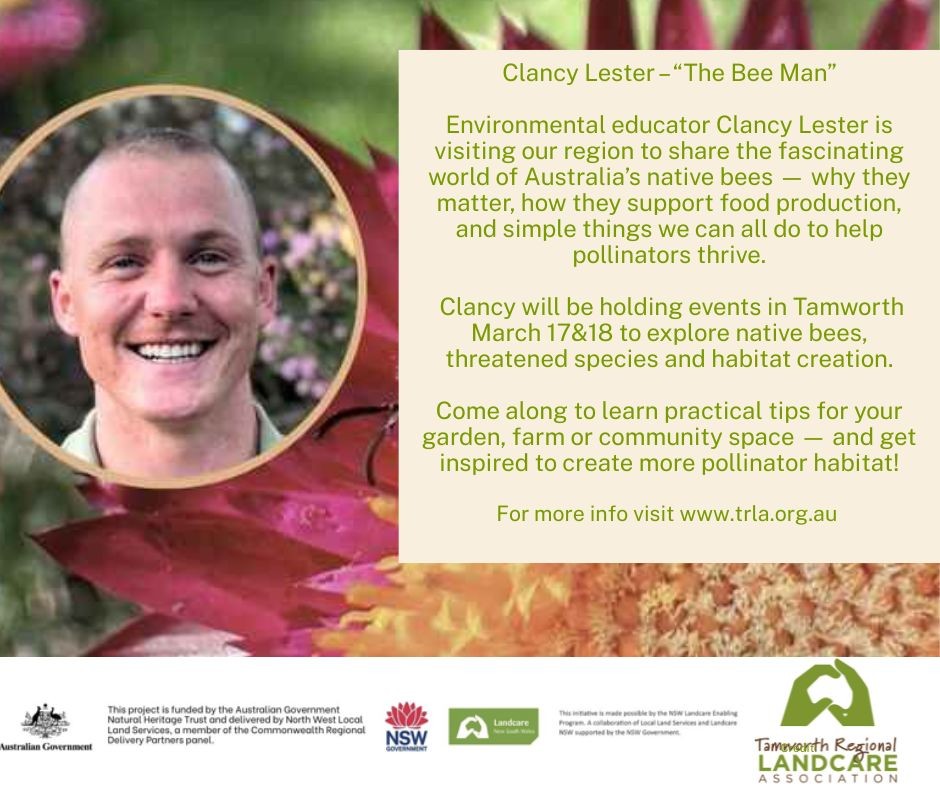
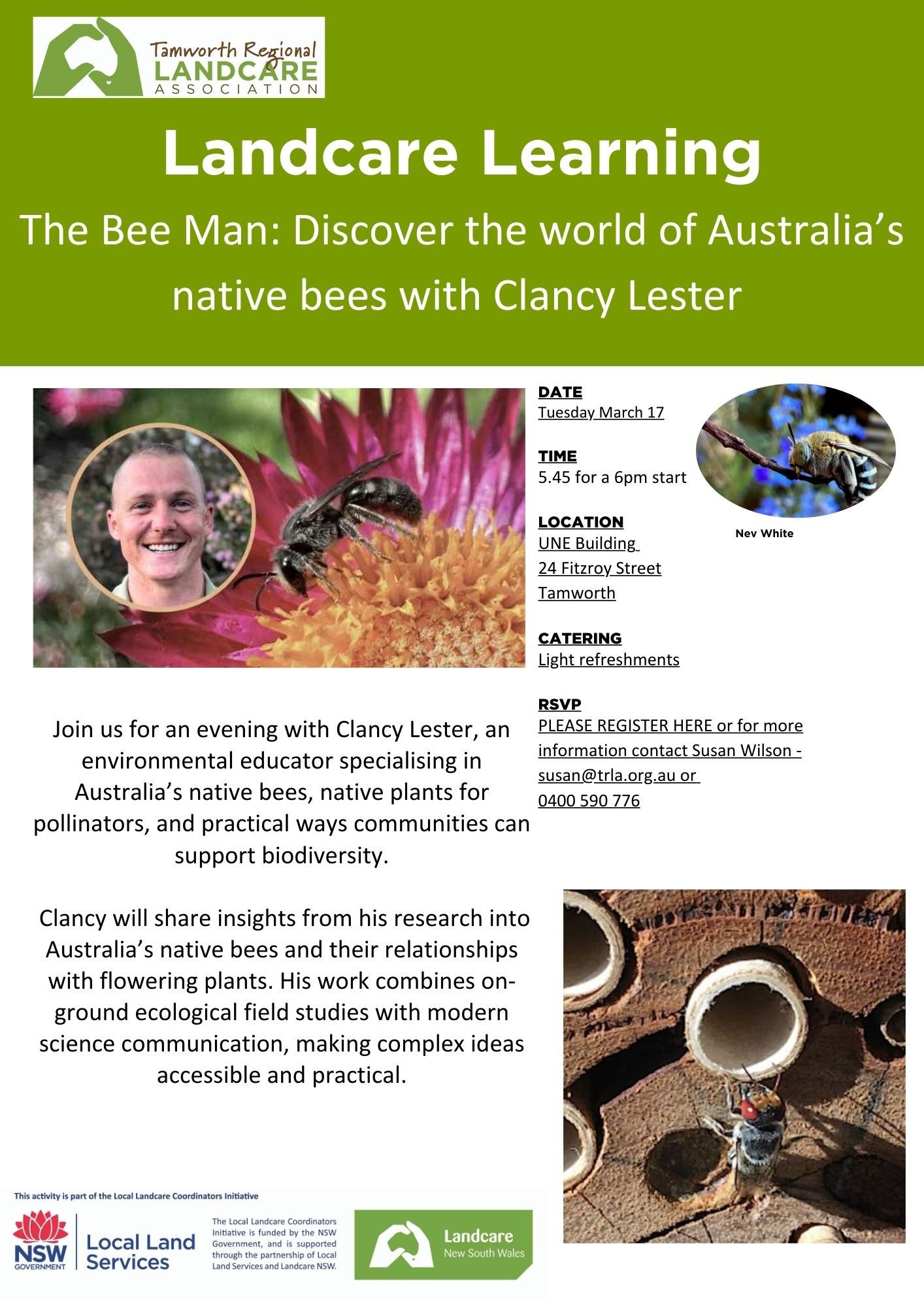
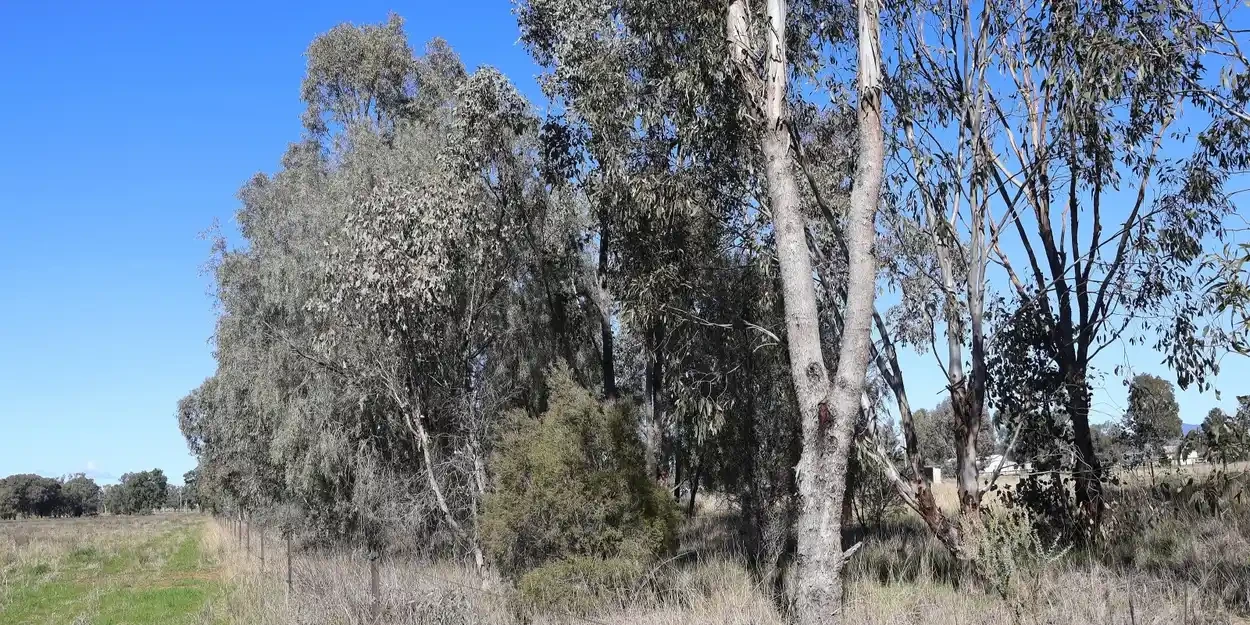

.png)
